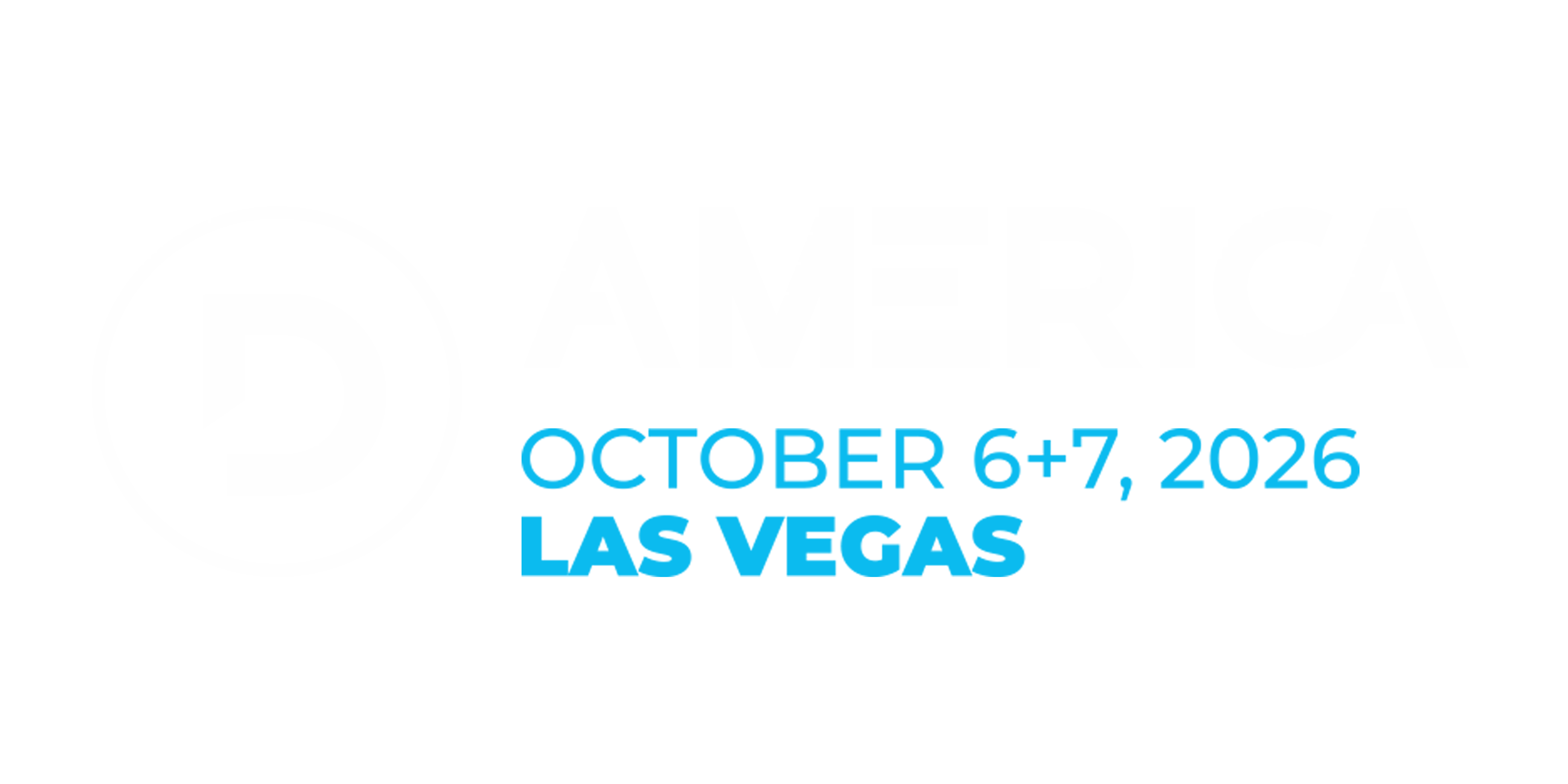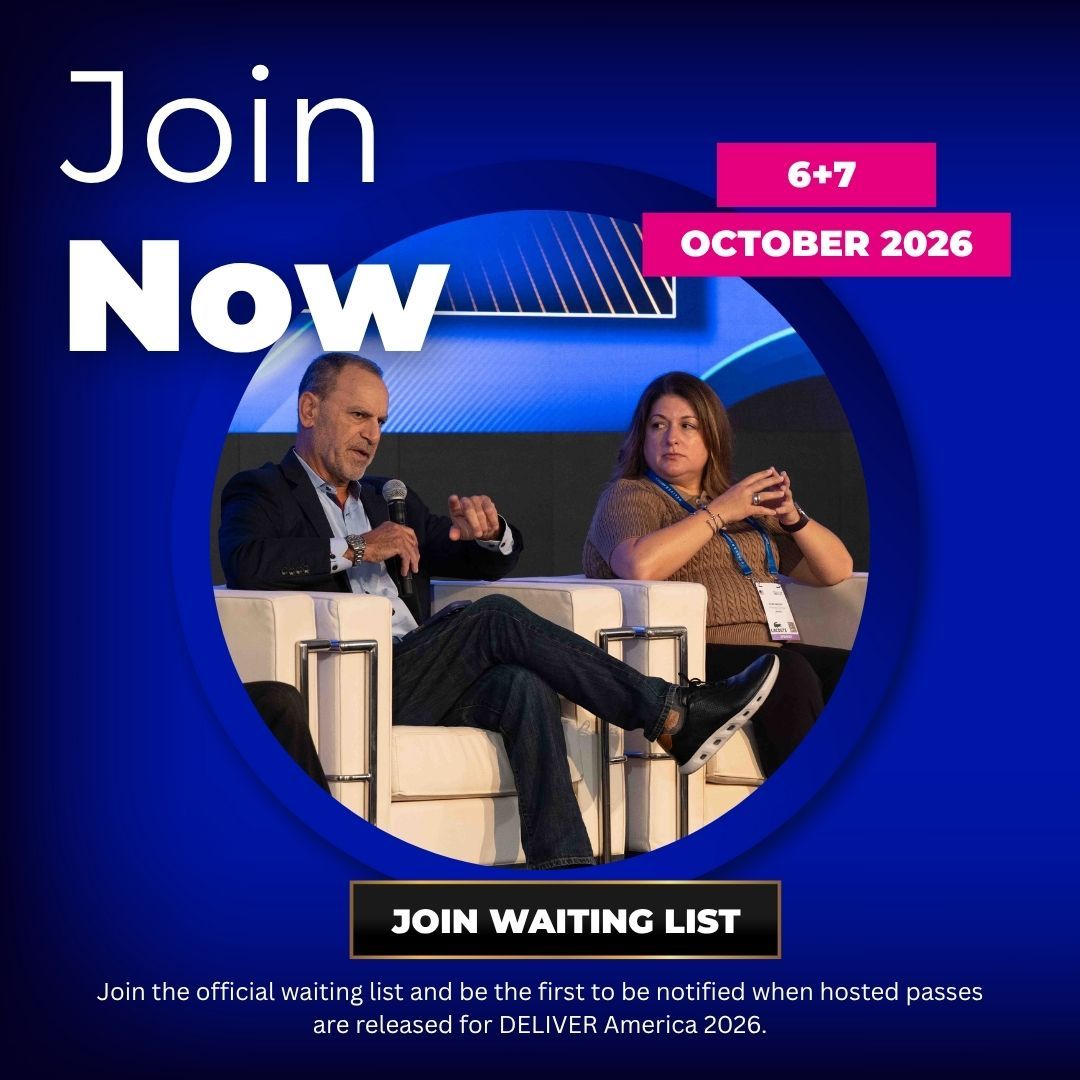Bridging Private Fleet and Dedicated Partnerships: The New Middle Ground in Transportation Strategy
Rethinking Fleet Ownership
In logistics, the question is no longer “own or outsource?” — it’s “how do we balance both?”
That’s the conversation led by Andy Lemiesz and David Edmonds of PTG Logistics during their DELIVER America breakout. With a fleet of 375 trucks and deep experience in dedicated contract carriage, PTG sits at the crossroads of private and third-party operations — and sees a new model emerging.
“Transportation isn’t about who owns the truck anymore,” says Lemiesz. “It’s about who shares the mission.”
A Market Under Pressure
From inflation to capacity contraction, the transportation sector faces unprecedented volatility.
Edmonds notes that trucking rates are at historic lows, while carrier margins have dropped by as much as 80% in recent years. “This is not sustainable,” he cautions. “At some point, rates will surge again — and when they do, companies without stable partnerships will feel the shock first.”
That volatility extends beyond pricing.
-
Driver turnover continues to plague the long-haul segment, while dedicated routes offer greater retention and consistency.
-
Equipment and maintenance costs are rising fast — Class 8 tractors are up 12.5% annually, with repair costs climbing even higher.
-
New engine regulations arriving in 2027 will push prices further.
“If you need new trucks, buy them now,” Edmonds warns. “It’s not getting cheaper.”
Private Fleet vs. Dedicated: Finding the Balance
Operating a private fleet offers control — but also liability, compliance burdens, and mounting costs. Dedicated contract carriage transfers much of that complexity to a partner.
As Lemiesz explains:
“We provide the equipment, the drivers, and handle compliance. Our customers focus on their business — we focus on the wheels.”
The most effective strategy, they argue, lies in the middle. Shippers can maintain a private fleet for core lanes — while leveraging a dedicated carrier for longer hauls, multi-stop routes, or peak surges.
This hybrid model offers:
-
Embedded management and shared KPIs
-
Transparent cost structures
-
Scalable access to new equipment and drivers
-
Continuity of brand and service quality
Shared Accountability, Shared Success
The key to success in hybrid networks is partnership.
“We’re not just providers; we’re part of our customers’ operations,” Edmonds says. “We sit on-site, plan together, and solve problems as one team.”
With shared governance and joint KPIs, both sides work toward the same service goals — often competing in a friendly way to improve performance metrics.
This transparency and alignment also help control risk.
-
PTG uses AI-enabled camera systems to monitor driver behavior and prevent distractions.
-
Front- and driver-facing cameras support legal protection in case of incidents.
-
In an era of “nuclear verdicts,” compliance and safety are no longer optional.
Scaling Smarter
For shippers struggling to scale fleets amid fluctuating demand, dedicated carriers offer a flexible buffer.
“No one wants to buy a tractor for three months of work,” Edmonds says. “That’s where a dedicated partner fills the gap.”
And not all carriers are created equal. PTG emphasizes the importance of choosing partners who:
-
Prioritize communication and responsiveness
-
Invest in driver loyalty and low turnover
-
Allow customer branding on assets
-
Operate with full transparency on cost and capacity
“It’s still your brand on the trailer,” Lemiesz notes. “We just make sure it runs efficiently.”
The Future of Fleet Strategy
As the session concludes, one message is clear: the next evolution of transportation isn’t defined by ownership — it’s defined by collaboration.
Private fleets provide control. Dedicated partners bring flexibility. Together, they create a resilient network that can weather cost swings, labor challenges, and regulatory shifts.
“Our job is to help shippers build fleets that feel private but perform like carriers,” says Lemiesz. “That’s the middle ground — and it’s where the future is headed.”


